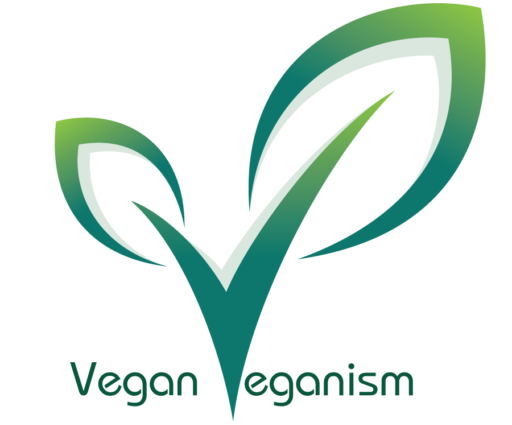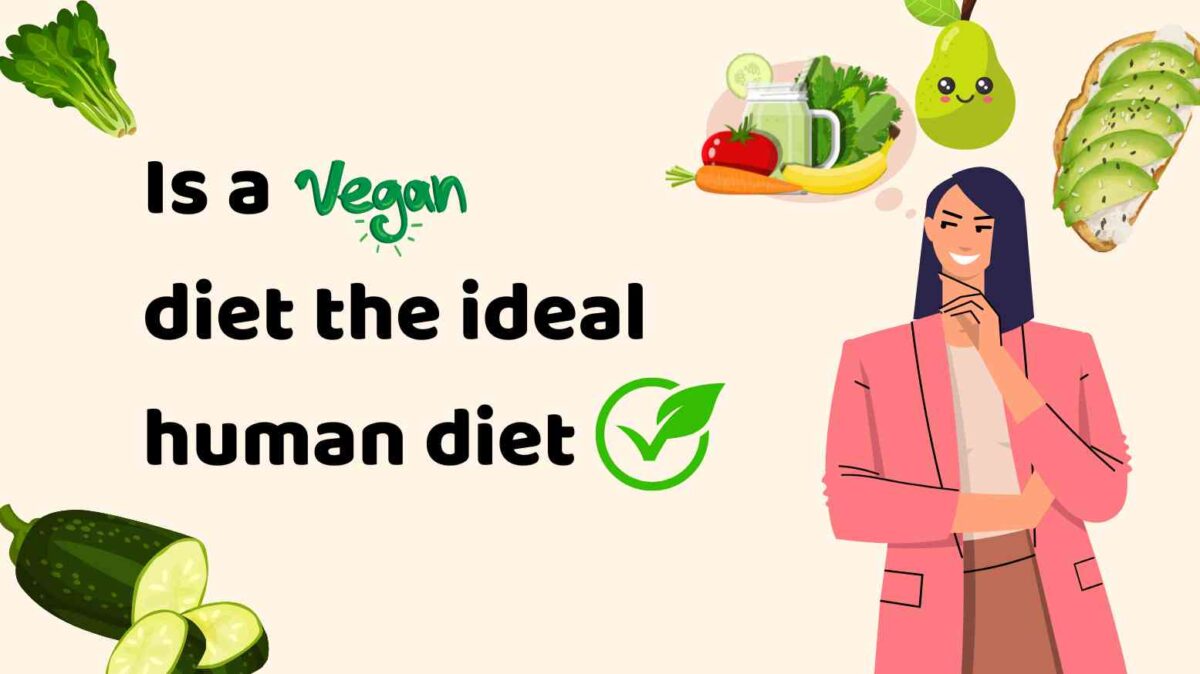The topic “Is a vegan diet the ideal human diet” is becoming increasingly discussed as veganism gains popularity. Even though research has highlighted the possible advantages of leading a vegan lifestyle, it’s important to understand that not everyone responds well to a particular dietary strategy. This article explores the possible benefits and drawbacks of a vegan diet, taking into account personal preferences, difficulties, and the larger picture of ethics, the environment, and health.
What are the advantages of a vegan diet?
Advantages for Health
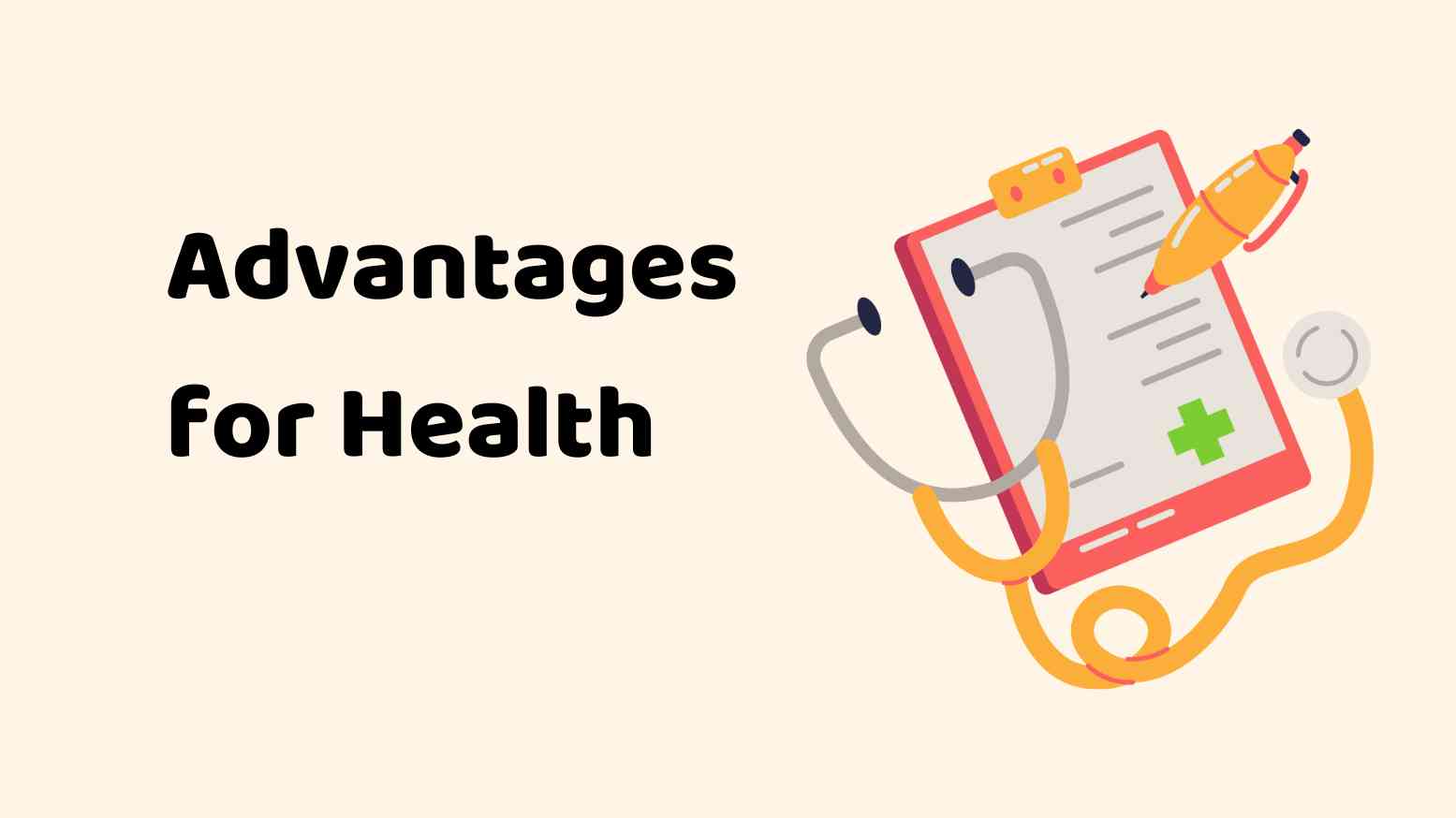
A vegan diet may reduce your risk of heart disease, type 2 diabetes, and some malignancies, according to studies. Vegan diets are known for their profusion of fruits, vegetables, and legumes, which helps to increase fiber intake, decrease consumption of saturated fat, and perhaps lower cholesterol levels.
Effect on the Environment
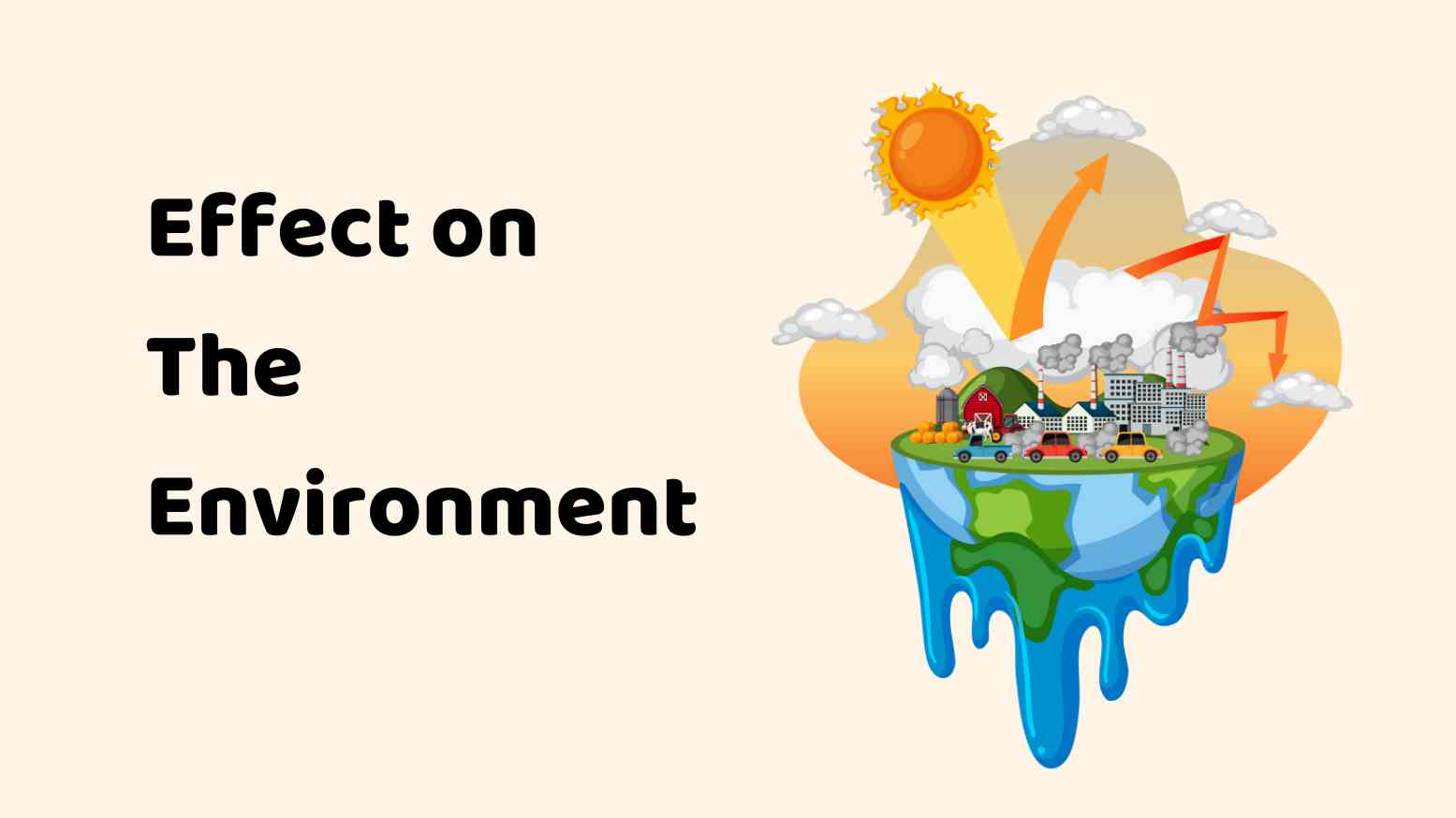
The ability of veganism to lessen environmental impact is one of its main benefits. Deforestation, water pollution, and greenhouse gas emissions are all significantly impacted by animal husbandry. Adopting a vegan diet can help reduce one’s environmental impact and is in line with sustainability aims.
Moral Aspects to Take into Account
Many people become vegans for ethical grounds, wanting to reduce the suffering and exploitation of animals. Removing animal products from one’s diet is consistent with a dedication to ethical principles and animal welfare.
What are the potential feedbacks of a vegan diet?
Inadequacies in nutrients
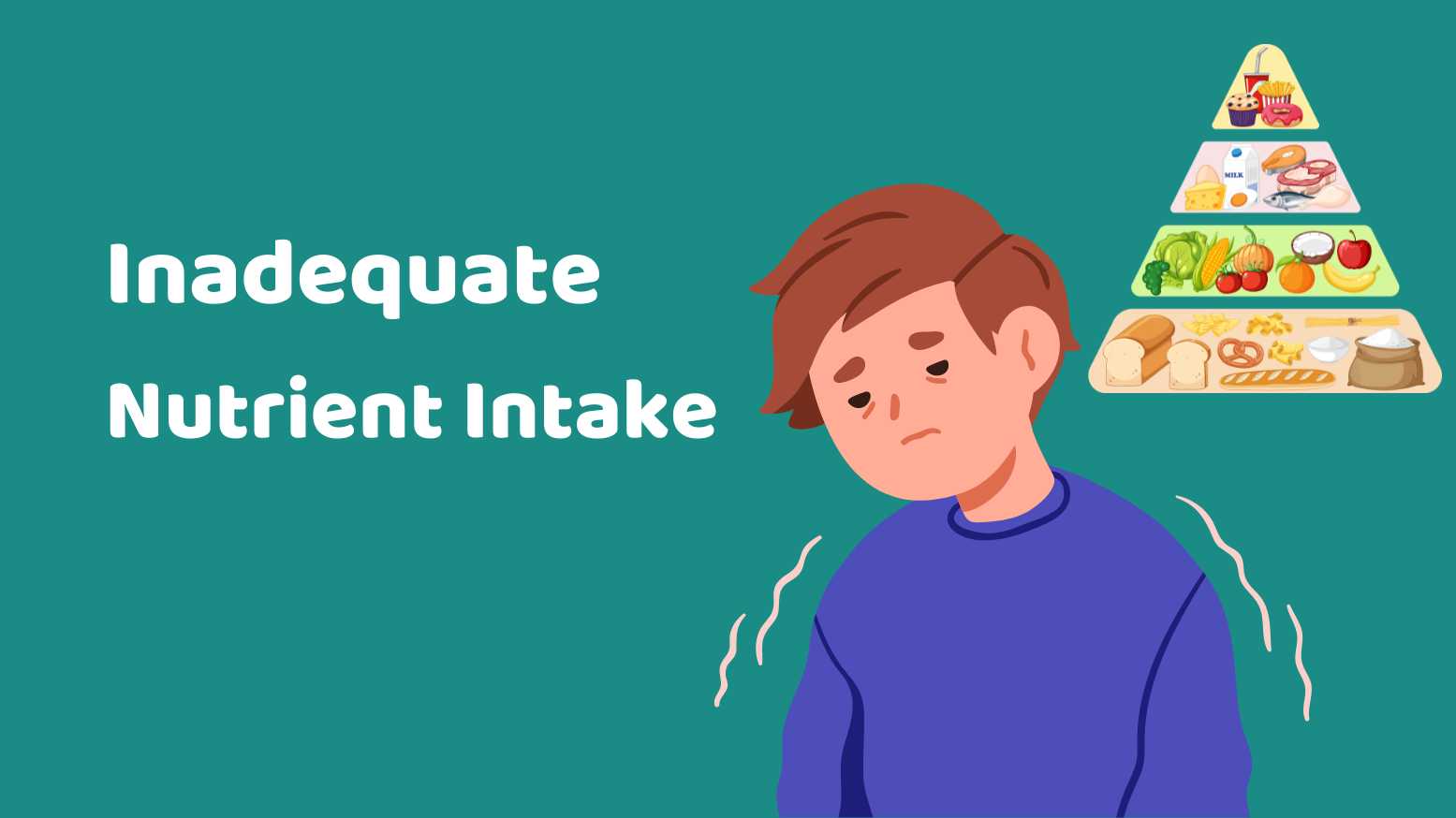
To prevent deficits in important minerals like vitamin B12, iron, calcium, and omega-3 fatty acids, a strict vegan diet needs to be carefully planned. To achieve these nutritional needs, fortified meals and supplements become essential.
Social Difficulties
When it comes to eating out, social events, and possible societal stigma, vegans could have fewer options. Planning, honest communication, and raising knowledge of vegan-friendly products are necessary to overcome these obstacles.
Cost and Accessibility
It might be difficult to find vegan options that are both accessible and reasonably priced, particularly in some areas. For other people, the perceived expense of specialty vegan products could also be a deterrent.
What are the things you should consider?
Medical Conditions
It’s important to speak with a doctor before starting a vegan diet, especially if you have any underlying medical issues. Tailored guidance can assist in addressing possible dietary deficits and guaranteeing general health.
Heredity
Genetic predispositions and individual nutritional requirements are major factors in deciding if a vegan diet is appropriate. Comprehending these variables is vital for making knowledgeable nutritional selections.
Individual Preferences
Taste preferences should be taken into account, as not everyone is vegan for the same reasons. Dietary decisions are heavily influenced by an individual’s values, which may be related to ethics, the environment, health, or any combination of these.
Is a vegan diet the ideal diet?
The concept of the “ideal” human diet is intricate and multidimensional. Although there are many health advantages, environmental sustainability, and ethical concerns to a vegan diet, it is not a one-size-fits-all approach. It is critical to undertake in-depth studies on satisfying dietary demands, speak with healthcare professionals for individualized guidance, and take into account each person’s tastes and goals.
In conclusion, many people find that adopting a vegan diet is a sustainable and healthful option that may have positive effects on their environment, their own health, and their ethical principles. But each person’s fitness for it differs. When deciding to go vegan, it’s important to carefully assess your needs, and any potential obstacles, and to do extensive study. The “ideal” human diet is ultimately one that satisfies your body, is consistent with your beliefs, and is long-term sustainable.
You may also like:
- What are people’s reasons for not going vegan
- What is the difference between a vegan and a vegetarian
- Why should a person go vegan
FAQs
1. What health benefits are associated with a vegan diet?
Studies suggest that a vegan diet may reduce the risk of heart disease, type 2 diabetes, and certain cancers. The abundance of fruits, vegetables, and legumes in vegan diets contributes to increased fiber intake, decreased saturated fat consumption, and potentially lower cholesterol levels.
2. How does a vegan diet impact the environment?
One of the main benefits of veganism is its ability to lessen environmental impact. Animal husbandry significantly contributes to deforestation, water pollution, and greenhouse gas emissions. Adopting a vegan diet aligns with sustainability goals and helps reduce one’s environmental footprint.
3. What ethical aspects should be considered when adopting a vegan lifestyle?
Many people choose veganism for ethical reasons, aiming to reduce the suffering and exploitation of animals. Eliminating animal products from one’s diet is consistent with a dedication to ethical principles and animal welfare.
4. What potential deficiencies might occur in a strict vegan diet?
A strict vegan diet requires careful planning to avoid deficiencies in important minerals such as vitamin B12, iron, calcium, and omega-3 fatty acids. Fortified meals and supplements become essential to meet these nutritional needs.
5. How do social challenges affect vegans?
Vegans may face challenges in social situations, dining out, and potential societal stigma due to limited options. Overcoming these obstacles requires planning, honest communication, and raising awareness of vegan-friendly products.
6. Are cost and accessibility common concerns for individuals considering a vegan lifestyle?
Yes, it might be challenging to find accessible and reasonably priced vegan options, particularly in certain areas. The perceived expense of specialty vegan products could also act as a deterrent for some individuals.
7. What considerations should be made for medical conditions when adopting a vegan diet?
It is important to consult with a doctor before starting a vegan diet, especially for individuals with underlying medical issues. Tailored guidance can assist in addressing potential dietary deficits and ensuring overall health.
8. Is a vegan diet considered the “ideal” human diet?
The concept of the “ideal” human diet is complex and multifaceted. While a vegan diet has numerous benefits, it is not a one-size-fits-all approach. It is crucial to undertake in-depth studies on satisfying dietary demands, speak with healthcare professionals for individualized guidance, and consider each person’s tastes and goals.
